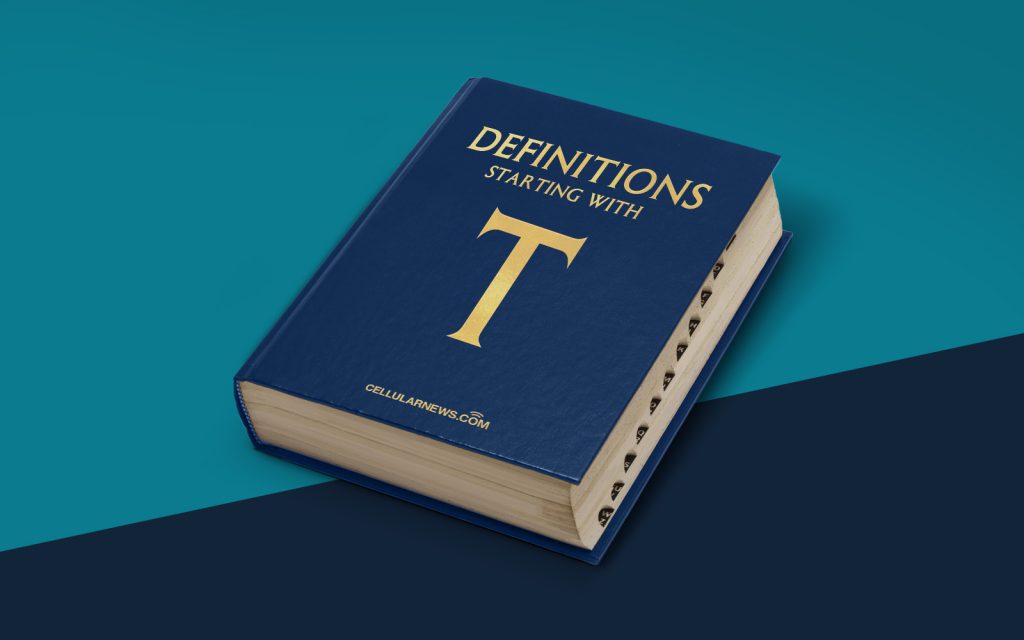
Welcome to the Wonderful World of Trolls!
Have you ever come across a comment online that left you scratching your head or feeling a surge of anger? Chances are, you’ve encountered a troll. But what exactly is a troll? In the online world, a troll is somebody who purposefully seeks to provoke and inflame others by making controversial or inflammatory comments. Trolling has become an art form of sorts, with trolls using their words as weapons to elicit emotional responses from unsuspecting victims.
Key Takeaways:
- A troll is someone who intentionally provokes or incites others online by making inflammatory or controversial comments.
- Trolls aim to elicit emotional responses from their victims and often thrive on the chaos and disruption they cause.
The Anatomy of a Troll
Understanding the behavior and tactics of trolls can help you identify and deal with them more effectively. Here are a few common characteristics of trolls:
- Anonymity: Trolls often hide behind fake names or profiles to avoid facing consequences for their actions. This anonymity gives them a sense of power and allows them to engage in malicious behavior without fear of reprisal.
- Provocation: Trolls thrive on stirring up controversy and getting a reaction. They intentionally say things that they know will upset others in order to create chaos and disrupt conversations or online communities.
- Disruption: Trolls enjoy causing disruption and derailing conversations. They may introduce unrelated topics, engage in personal attacks, or use aggressive language to steer discussions in a negative direction.
- Manipulation: Trolls are skilled manipulators who often twist words, misinterpret statements, or take things out of context to fuel arguments and further incite anger or frustration.
- Attention-seeking: Trolls crave attention and validation for their behavior. They often feel a sense of accomplishment when they successfully provoke a strong emotional reaction from their victims.
Dealing with Trolls
Encountering a troll can be a frustrating and emotionally charged experience, but there are strategies you can employ to effectively deal with them:
- Don’t engage: Responding to a troll only feeds into their desire for attention and validation. Instead, ignore their comments and focus on productive and positive interactions.
- Report and block: Most social media platforms have mechanisms in place to report and block trolls. Take advantage of these features to minimize their impact on your online experience.
- Maintain perspective: Remember that trolls typically have no personal connection to you and are motivated by their own desire for chaos. Try not to take their comments personally and recognize them for what they are – attempts to provoke a reaction.
- Support each other: If you witness someone else being targeted by a troll, show your support by reporting the behavior and offering words of encouragement. Unity and solidarity can go a long way in combating the negative effects of trolling.
So, the next time you encounter a troll online, remember that their behavior says more about them than it does about you. Stay strong, maintain your composure, and rise above their attempts to disrupt and derail. By understanding troll behavior and employing effective strategies, you can navigate the online world with resilience and grace.
